Basel plans care provision for elderly Muslims
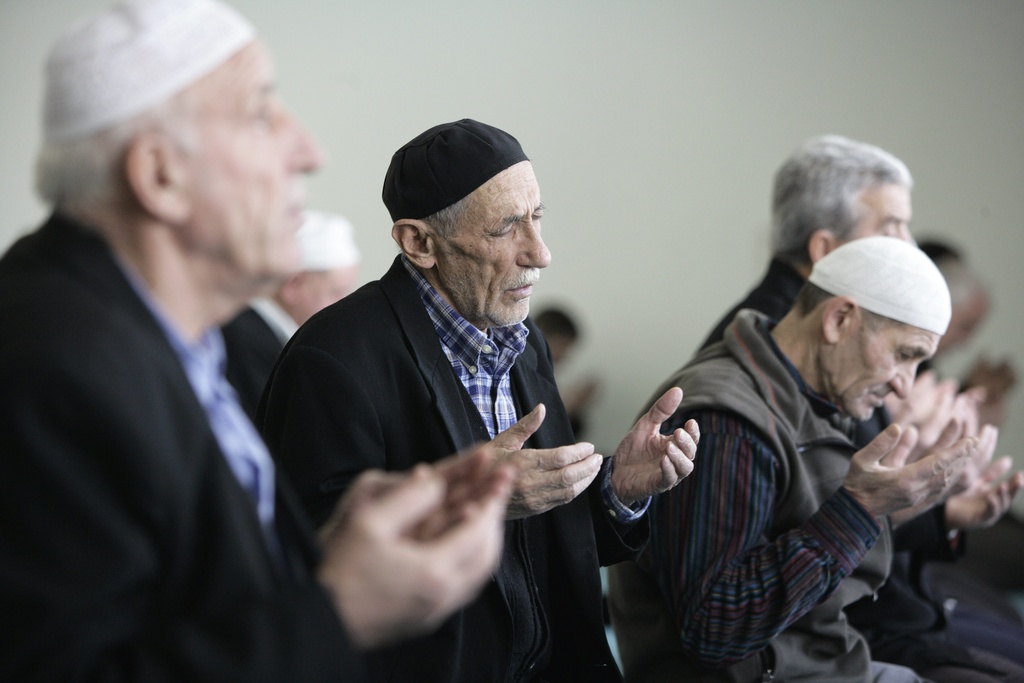
If Spanish and Italian immigrants have their own old age care homes, why should elderly Muslims not have similar institutions?
The relevant parties appear to be in agreement on the urgent need for special health and social services, but views differ on how to achieve them.
The issue attracted the attention of Swiss media after a motion launched by two Social Democrat MPs of Turkish origin in Basel in February.
It then resurfaced following the announcement by the health and social department of canton Basel Country that it was in the process of laying out a future vision for health and social facilities that would take into account the special needs of elderly Muslims.
Felix Bader, the head of the Basel Country government long-term care department, told swissinfo.ch that there are no definite plans as yet, but said there is “serious thinking in this direction”.
Basel expects that the number of elderly Muslims who will need places at old-age care institutions within the next 15 years could surpass 400.
Ideal welcomed
Bader said: “We now have a system for the accommodation of elderly immigrants from southern European countries, such as Italians and Spaniards, distributed among small groups of around 15 people. These institutions offer a lifestyle that is largely similar to the lifestyle followed in their home countries. We also have an institution for elderly Jews.”
Bader, the man who set out this vision, believes that the Muslim institutions expected to be set up will be subject to “the same system applied in the Jewish institution, with Muslim sensibilities with regard to food, clothes, religious practices and the relationship between the two genders taken into account”.
At present very few Muslims enter old age care homes in Switzerland. This is due to the fact that either the emigration of Muslims to Switzerland is recent, and they are generally young people, or that some return to their home countries after retirement. Another important reason is that Islamic traditions oblige children and grandchildren to look after the elderly until they pass away.
However, Hafid Ouardiri, co-president of the Interknowing Foundation in Geneva, believes that dedicated care homes for elderly Muslims are a good idea.
In statements quoted by The Tribune de Genève newspaper on July 5, he said: “This remains a possible solution for people who have no other option or those who cannot depend on their families.”
Selim Salama, a doctor at Geneva University Hospital, shares this view. Speaking to swissinfo.ch, he raised the stark anomaly facing Muslims in the West.
“On the one hand, we hold fast to the concept of the Muslim family and the high status occupied by the elderly in its structure. We insist on them being close to the grandchildren,” he said.
“But, on the other hand, the contemporary Western reality we live in is characterised by an individualistic tendency. The husband and the wife – in most cases – have to work full time, and at the same time they look after the children. All this makes it difficult for them to keep an elderly person at home and fulfil all their needs which increase as they age.”
Setting up special institutions
Despite the apparent need, some fear the creation of a system that is parallel to existing health and social care institutions and structures. They are also concerned about possibly deepening divisions in society.
Bader rejects claims that this special system would create closed institutions.
“The special units we are thinking of establishing will be part of general institutions that include different segments integrated in a more comprehensive framework,” said Bader. “They will not be separated by any barriers.”
Ouardiri sees no problem in the existence of healthcare units for elderly Muslims, provided that “these institutions remain open to the followers of other religions or any other social segment who would like to join them and abide by their internal system”.
…Or adapting the current system?
These justifications do not seem to convince Salama: “We at the Geneva University Hospital oppose the establishment of Muslim-only special care institutions for the elderly, or institutions that separate between residents on religious or racial grounds. This is because we believe, based on our experience, that there is a lot that can be done inside existing institutions in Switzerland, with Muslim requirements being completely respected.”
Instead of setting up special care institutions for elderly Muslims, Salama stresses “the need to channel efforts towards the adaptation of existing health systems”.
He said medical staff should observe caution when dealing with Muslim patients, providing halal food for them or allowing them to choose their food, and providing necessary spiritual support for patients who suffer from serious diseases or are approaching the end of their lives.
Differences between social segments are clearly mirrored in the standard of living of the elderly and their health conditions, particularly in the case of those who have spent most of their lives doing physical work, such as in the construction sector.
Most of those who end up in care homes are from poorer social strata and are not in good health.
Very few elderly rich people choose to spend the remainder of their lives in a home for the elderly, having the resources to pay for care at home
The number of Muslims in Switzerland, according to the latest federal census (conducted in 2000), stands at 310,000 people. Experts estimate their number at the present time at 400,000 people.
The number of Muslims has doubled several times in recent years, particularly after the wars in the former Yugoslavia and the exodus of tens of thousands of Bosnians and Albanians from Kosovo.
90% of Muslims in Switzerland are from Turkey and the Balkan region, whilst Arabs account for no more than 6%.
A study on Muslims, carried out by the Group of Researchers on Islam in Switzerland (GRIS) in 2005, recommended that Islam should be officially recognised, given that it has become the second religion after Christianity. The study also recommended that Muslims be encouraged to unite in blocs inside federations at the cantonal level, and integration measures boosted.
Muslim youths aged under 25 represent nearly half of the Muslim community, whilst those who have Swiss nationality are no more than 11.75% of the entire Muslim community.
Most Muslim community members live in cities and urban districts.
(Translated from Arabic by Muhammad Shokry)

In compliance with the JTI standards
More: SWI swissinfo.ch certified by the Journalism Trust Initiative
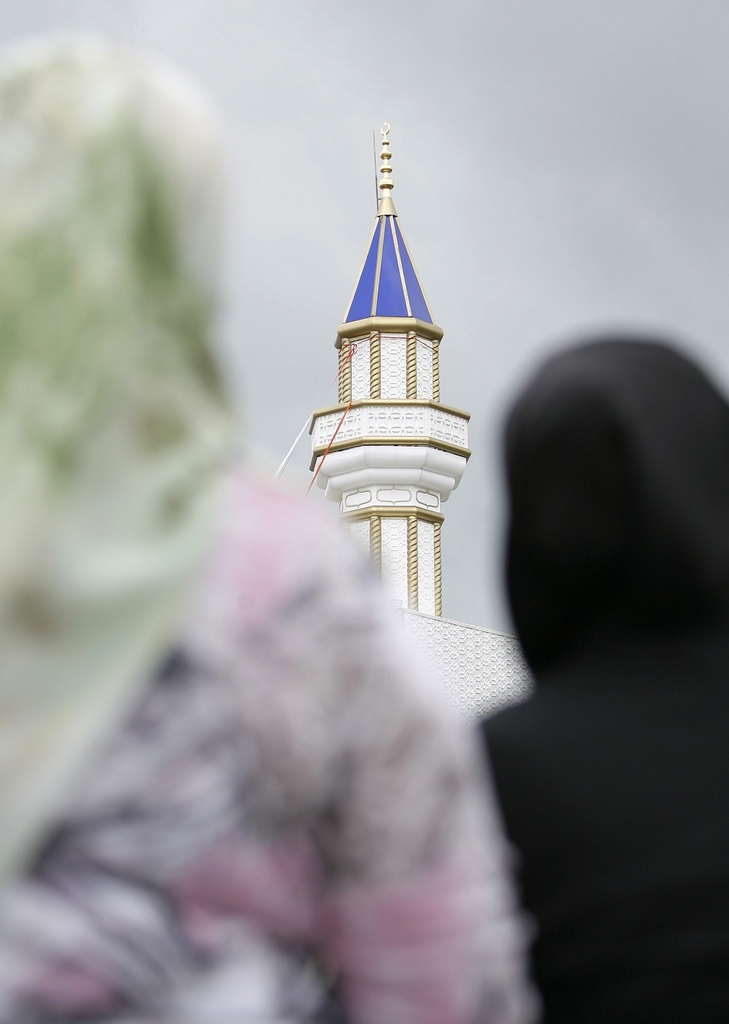
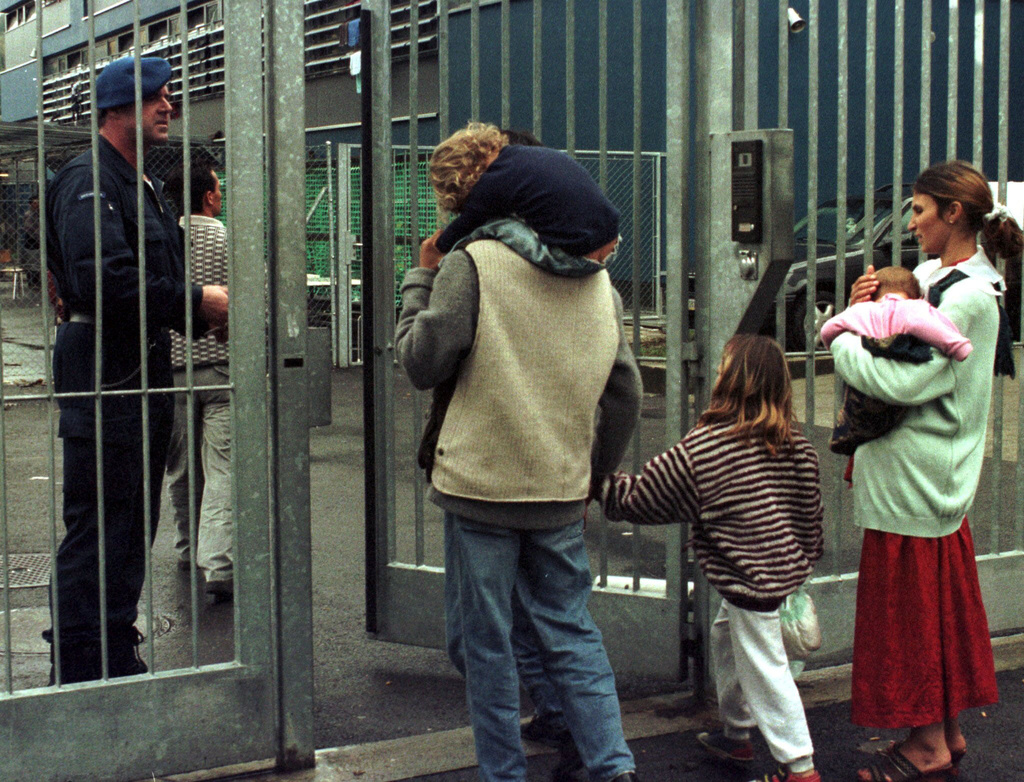
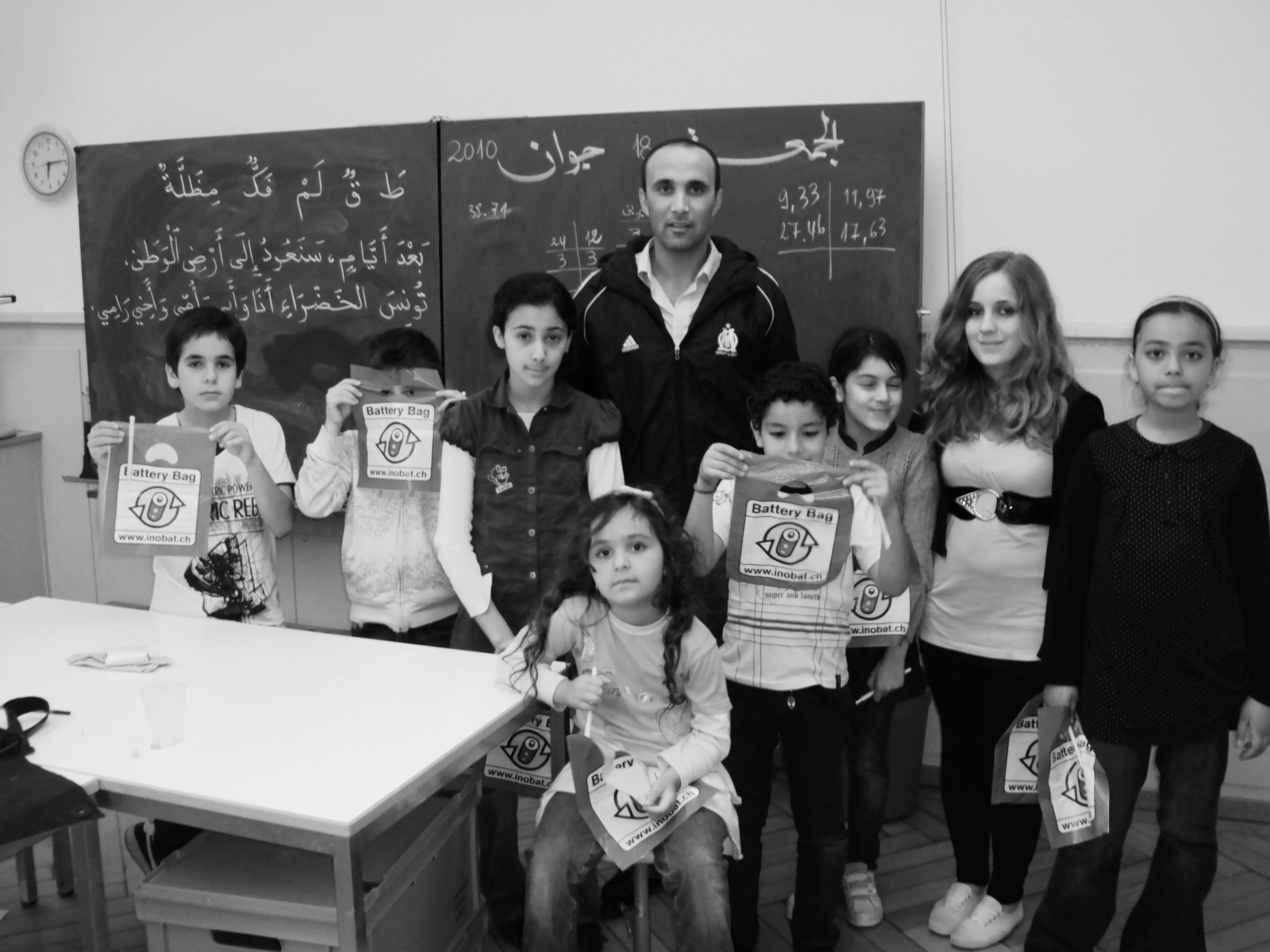
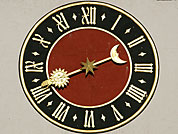
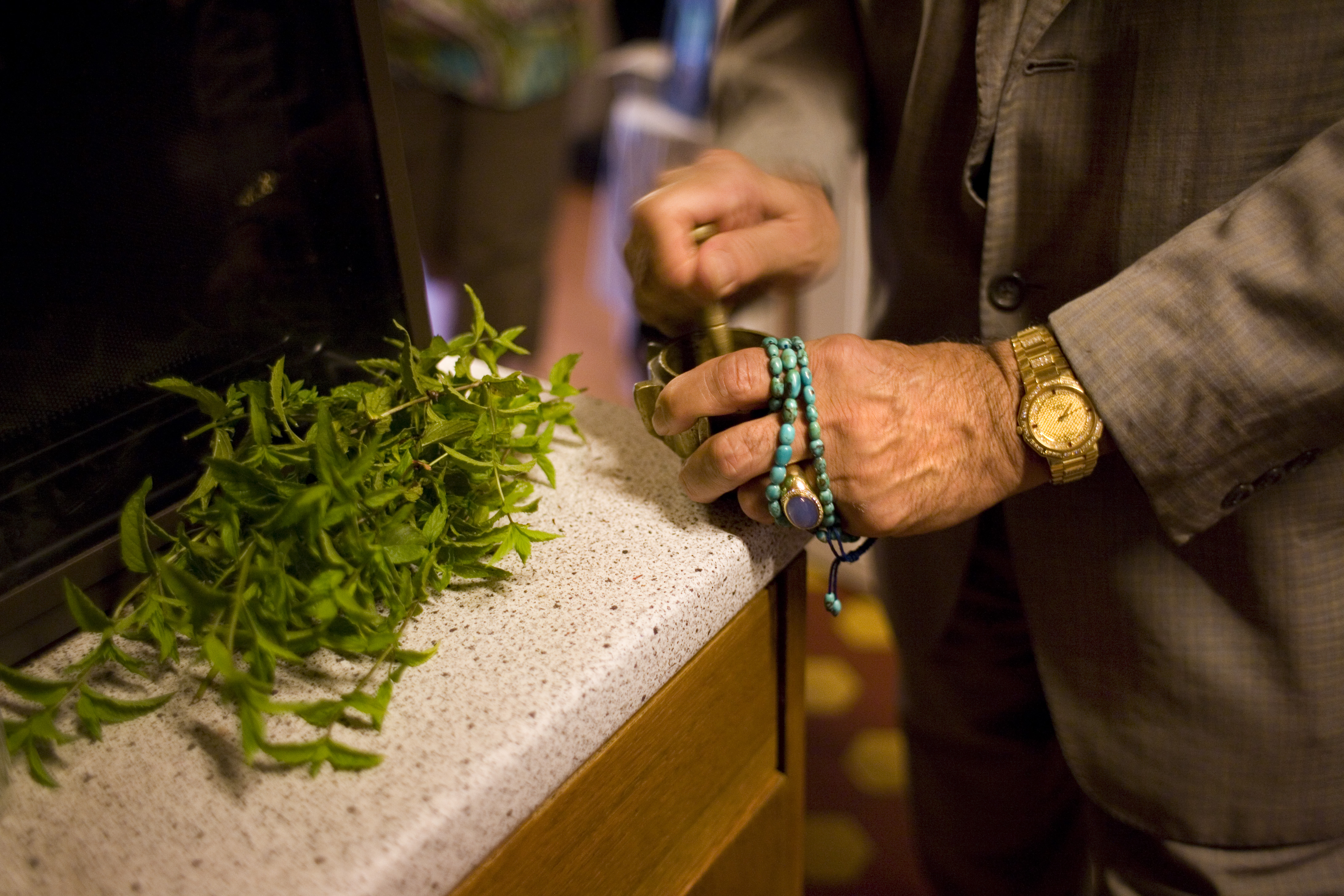
You can find an overview of ongoing debates with our journalists here. Please join us!
If you want to start a conversation about a topic raised in this article or want to report factual errors, email us at english@swissinfo.ch.